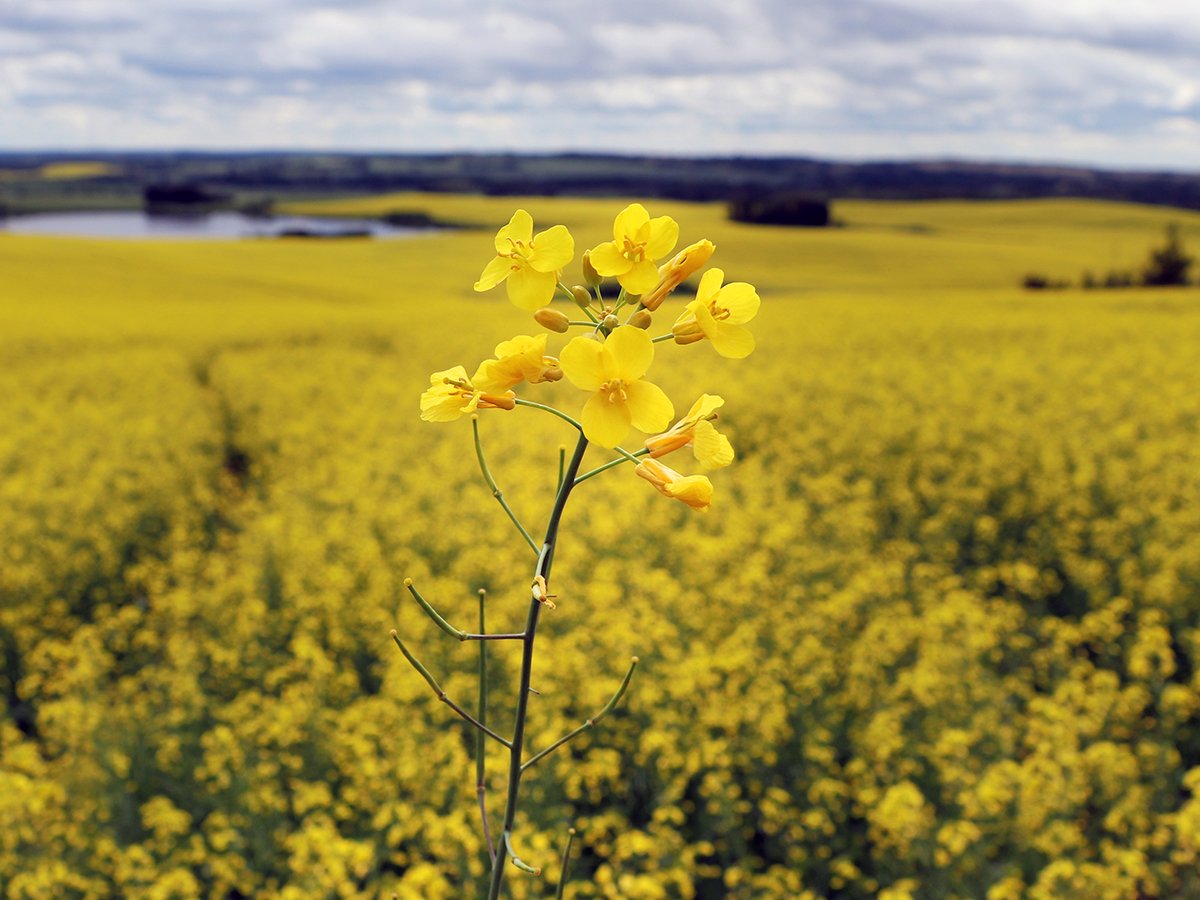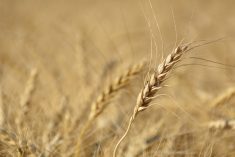With volatility making marketing a fretful experience for farmers, hemp growers are happy to have dull, predictable prices.
“It has much more stable prices,” said organic hemp grower Larry Marshall of Shellbrook, Sask.
“You don’t get those highs you see in the other crops, but you really don’t get the lows.”
Conventional hemp producer Don Dewar of Dauphin, Man., said hemp lost a lot of acreage last spring when canola prices spiked and hemp stayed flat, but now it seems more competitive.
“Who’s going to grow hemp when you can grow $600 canola? That’s what we had last spring. But now that it’s $300 canola, it looks a little different,” said Dewar.
Read Also

Chinese offer complicates canola marketing
Recently the Chinese ambassador indicated that there would be a potential deal between Canada and China regarding the current tariff war.
Farmers, processors and hemp product marketers from across Canada, the United States and Europe attended a Canadian Hemp Trade Alliance convention in Winnipeg Nov. 12.
Hemp growing has had a rocky history on the Prairies, with regulatory struggles over licences to grow the crop, border disputes over narcotic levels, bankruptcies of processors and difficulties building markets big enough to consume what farmers produce.
But longtime growers like Dewar and Marshall sounded confident about the crop’s prospects.
Marshall said organic hemp works as a weed suppressant and yields well enough to be as profitable as conventional hemp.
On average, it can be contracted for 85 to 95 cents per pound.
“If we can grow 1,000 pounds an acre, it’s our highest return,” said Marshall.
He grows dwarf hemp on land broken from alfalfa, or a taller hemp on bean or pea stubble.
Conventional hemp brings 45 to 55 cents per lb., he said.
Dewar said the biggest challenge for most growers is ensuring they have contracts for their production. He’s still working off excess production from 2006 and didn’t grow any new hemp this season.
He said organic hemp has shown better prospects recently.
“We’re a conventional grower and demand is restricted. The organics have shown a bigger demand growth than we have,” he said.
“There are challenges, but some of us are still prepared to grow it.”
Canadian production of hemp has plunged as markets have been slow to develop and big crops of the mid-2000s are still being sold.
But Marshall said with a contract in place, a farmer can get a good return and look forward to gaining expertise in a crop that will have a growing market.
“It’s one of the easier (organic) crops to sell, as long as you contract it,” said Marshall.















